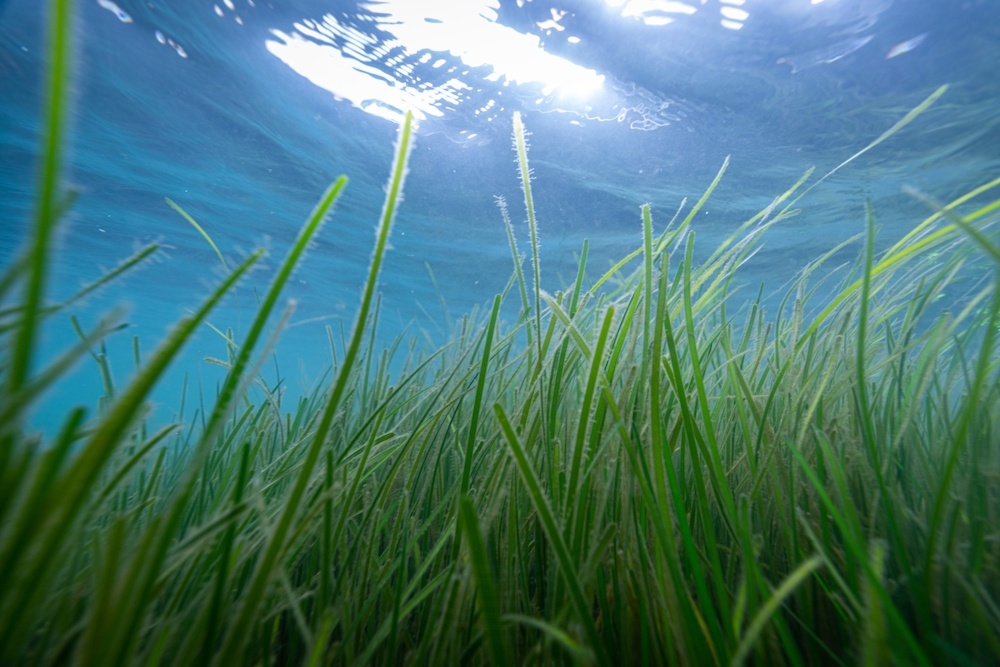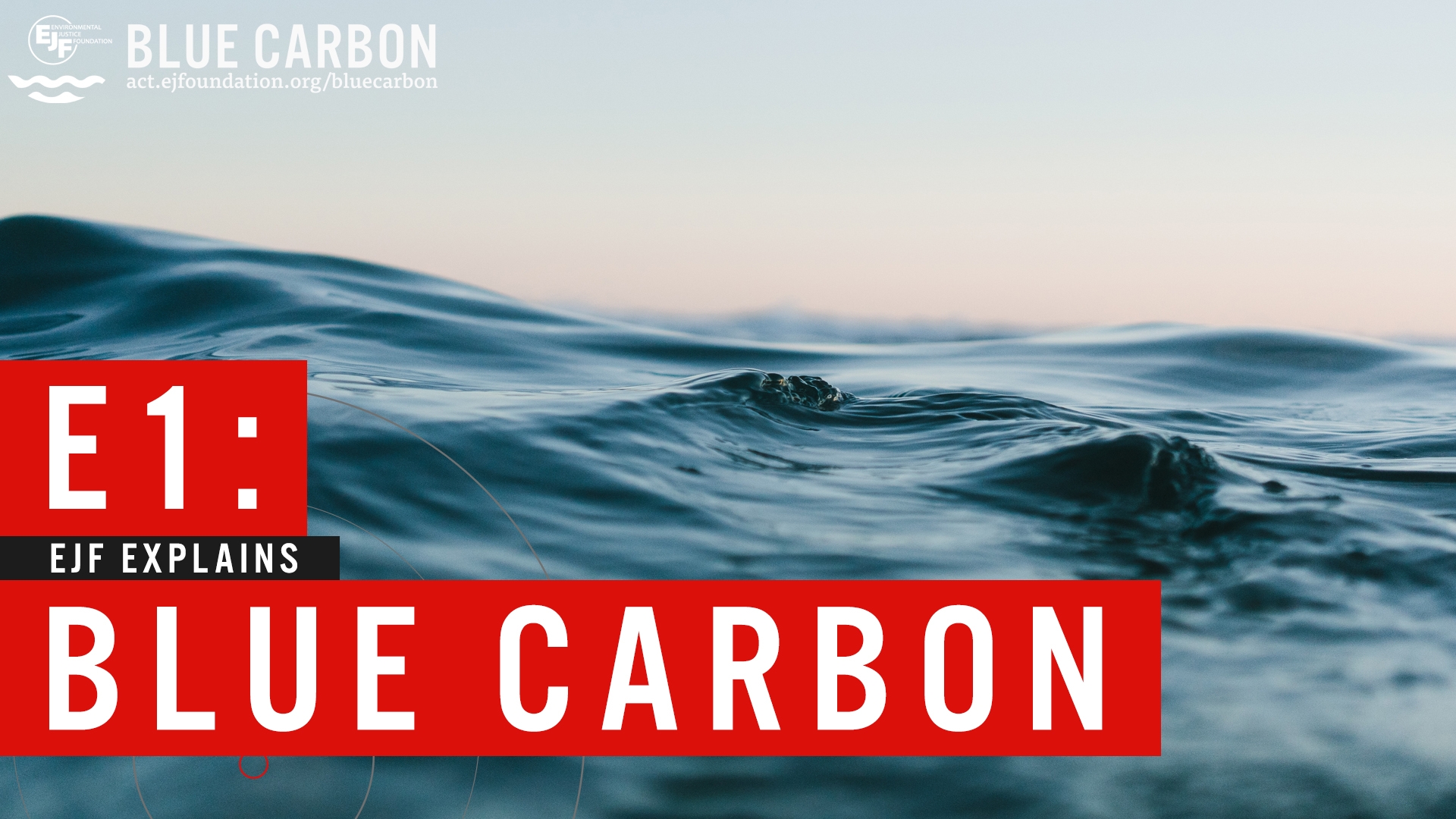
EU nature restoration law should help protect blue carbon and the climate
Brussels, 22/06/2022 - Today, the European Commission unveiled its draft proposal for nature restoration, including binding targets to restore degraded ecosystems across the EU. It includes a positive obligation to restore marine habitats known to be carbon stores, based on the best available science. However, while this is a good start, it misses a golden opportunity to adequately protect people, the planet and its “blue carbon”, said the Environmental Justice Foundation (EJF) in response.
The NGO urged EU Member States and the European Parliament, where this proposal will now be debated, to increase the ambition of the draft legislation. It called particularly for binding targets to protect 30% of all ocean ecosystems in the EU by 2030, beyond just restoring specified degraded ones. It also called for more comprehensive efforts to tackle the environmental impact of fishing on ecosystems, particularly bottom trawling. This form of seabed fishing is currently allowed and ongoing in many EU Marine Protected Areas, and known to release carbon stored there.
The European Parliament adopted a resolution in May calling for the EU to launch and fund scientific research programmes to map carbon-rich marine habitats in EU waters, in order to strictly protect them, including from bottom-contacting fishing. This dedicated funding for scientific research should be made available to help ensure Member States implement their obligations under the nature restoration law, and thus help to meet restoration targets on time, said EJF.
The draft proposal also allows habitat degradation where it is caused by “unavoidable” climate change, in which case the obligations of Member States to restore and protect these habitats are lifted. EJF argues that this loose wording is dangerous. Member States should be required to at least demonstrate they are in compliance with the 1.5C target of the Paris Agreement – in commitment and action – before any such release of their obligations under the nature restoration law, the NGO argued.
Steve Trent, CEO and Co-Founder of EJF, said: “It is a welcome step that the European Commission plans to introduce binding targets to restore nature on land and at sea in the EU, including a target to restore 30% of ocean ecosystems which are not in a good condition. However, it does not go far enough to truly unlock the vast benefits of protecting our ocean in combating global climate change, restoring biodiversity, building truly sustainable economies and protecting the livelihoods and human rights of hundreds of millions of people. Loopholes are also present that risk letting Member States off the hook when it comes to obligations to restore nature that is affected by climate change.
The science is both compelling and clear: we must protect at least 30% of ocean habitats by 2030. This means strict, legally mandated and fully enforced Marine Protected Areas in EU waters. It means requiring Member States to map, protect and restore carbon-rich marine ecosystems as a fundamental part of nature conservation laws. This is a vital step toward rolling back the devastating consequences of global heating, yet a lack of sufficiently clear and binding obligations in the Commission’s proposal could undermine it.
Without comprehensive commitments, the haemorrhaging of carbon stored in the seabed due to extractive industrial activities like bottom-trawling will continue. In Europe, 79% of the coastal seabed and 43% of the shelf and slope area is physically disturbed, mainly as a result of bottom trawling. This devastates ocean ecosystems and accelerates the climate crisis. If the EU is serious about restoring nature, supporting wildlife, and defending the human rights of millions of people suffering climate impacts around the globe, there is one simple solution: pass stronger laws to protect our ocean and ensure they are enforced now.”
ENDS
Notes to editors:
The draft nature conservation law includes obligations to identify and restore degraded but potentially carbon-rich habitats such as degraded kelp forests; EJF argues that the funding called for by the European Parliament in their May resolution should be used to achieve this.
Scientists are increasingly warning of a sixth mass extinction due to human overexploitation of the natural world.
Ever-expanding seabed trawling may release half a billion tonnes of CO2 each year by disturbing the carbon stores of continental shelves around the world.
Globally, only 3% of all the key ocean habitats are within fully protected marine protected areas (MPAs) and some key habitats have no representation at all.
The Environmental Justice Foundation is an international non-governmental organisation working to protect the environment and defend human rights. EJF is a charity registered in England and Wales (1088128).
For more information contact the EJF Press Office at media@ejfoundation.org.
SIGN UP FOR OUR EMAILS AND STAY UP TO DATE WITH EJF

